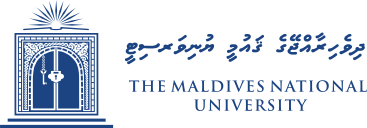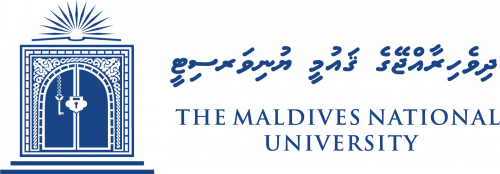Climate Change Diplomacy Leadership and Resilience Project: Key researcher in an EU-funded initiative conducted in collaboration with the University Paris Cité, University of Liège, and the University of Economics in Bratislava. Played a pivotal role in designing the bachelor’s degree program on climate change, including developing the course structure, writing modules, conducting benchmarking, and successfully navigating the course approval process. Additionally, contributed significantly to organizing and delivering a Summer School, fostering international partnerships, and advancing strategies for resilience and adaptation in climate diplomacy.
MOOC Development for Climate Change and Health: Contributed to the development of an innovative MOOC integrating augmented reality (AR), in partnership with researchers from the University Paris Cité and the University of Heidelberg. This MOOC, which earned the Best Poster award at the MIT Learn With MOOC Conference, addresses the multidimensional impacts of climate change, with a focus on South Asia and Small Island Developing States.
Genome Sequencing Laboratory Facility: Successfully contributed to the establishment of the first Genome Sequencing Laboratory in the Maldives during the COVID-19 pandemic. Funded by USAID and WHO Maldives, this initiative enhanced the nation’s capabilities in genetic research and pathogen surveillance.
Understanding Health Impacts of Imported Chicken: Principal Investigator of an ongoing genomic analysis project investigating bacterial contamination and antimicrobial resistance in imported poultry. Funded by The Maldives National University, this research aims to provide critical insights into food safety and public health.


